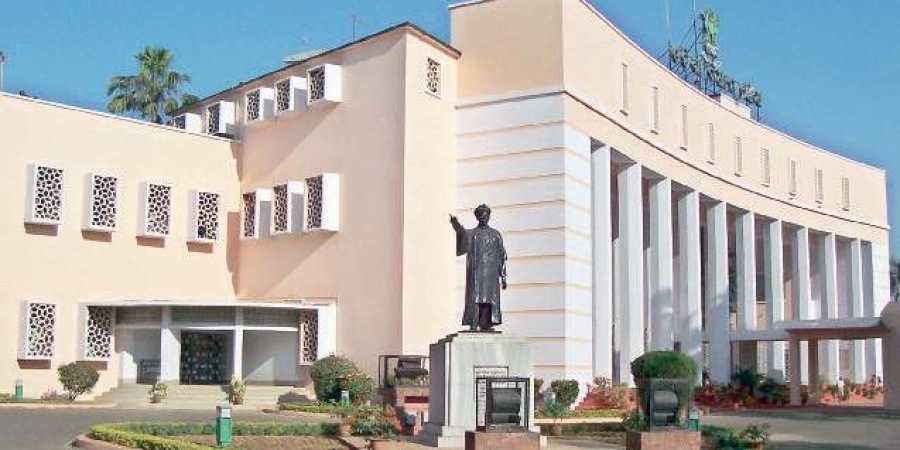Bhubaneswar: More than 44 per cent Anganwadi centres in the state still do not have buildings of their own, the state government told the Odisha Assembly Saturday after the matter came up for discussion in the House.
The matter was raised when the BJD MLA from the state, Bhupinder Singh, raked up the issue before the Assembly, Saturday. In response to the query, Women and Child Development Minister Tukuni Sahu told the legislative Assembly that more than 44 per cent Anganwadi centres in the state still do not have buildings of their own.
The minister told the House, “There are 72,587 Anganwadi centres and mini Anganwadi centres in the state. Around 40,788 of these, function from own buildings and 4,702 function from rented buildings. Around 10,507 Anganwadi buildings are under construction.”
She also added, “There are 2,063 dilapidated Anganwadi buildings in the state. Funds have been released for re-construction of 806 dilapidated Anganwadi buildings in the current financial year. In the District Mineral Foundation/OMBADC district funds are utilised for construction of Anganwadi centre out of such funds. All the districts have been instructed not to operate any Anganwadi centres in dilapidated buildings.”
According to the data furnished before the House the minister cited data relating to the infrastructure provided for the Anganwadi centres. The data claimed that while the state has a total of 72,587 Anganwadi centres, may are still working either from rented buildings or their buildings are under construction.
The data also claimed that worst districts which report the highest number of Anganwadi centres without their own buildings include Ganjam, Nabarangpur, Khurda, Mayurbhanj and others. Many of these reported more than 500 Anganwadi centres working without their own buildings.
Integrated Child Development Services (ICDS) Scheme, now renamed as Anganwadi Services, was launched in 1975 with the objective to improve the nutritional and health status of children in the age-group of 0-6 years, to lay the foundation for proper psychological, physical and social development of the child, to reduce the incidence of mortality, morbidity, malnutrition and school dropouts.
It has also been envisioned to achieve effective co-ordination of policy and implementation amongst the various departments to promote child development; and to enhance the capability of the mother to look after the normal health and nutritional needs of the child through proper nutrition and health education.

